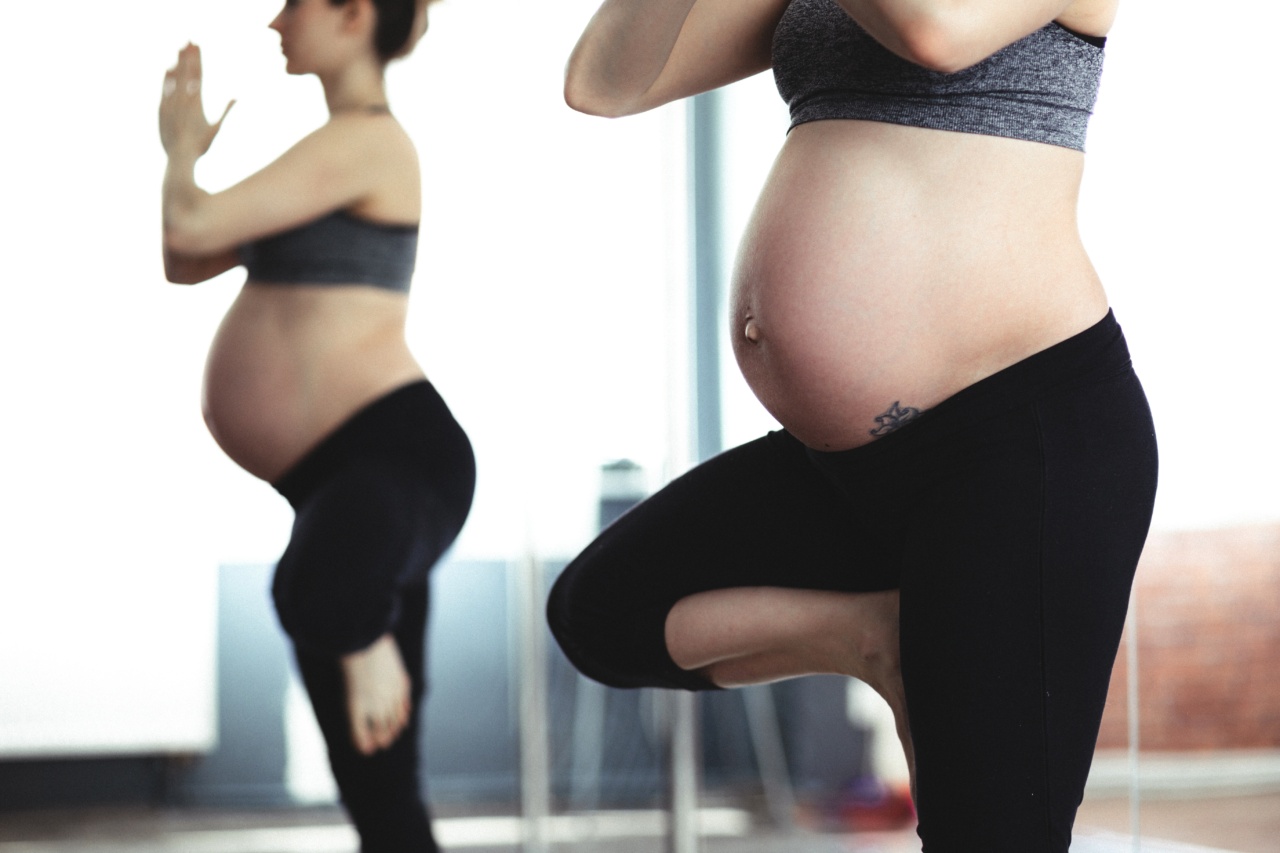Pregnancy is a delicate time when women go through a lot of changes, including physical, hormonal, and emotional changes. Mothers-to-be want to ensure that their babies are healthy and develop normally.
Preeclampsia can cause complications during pregnancy, and it’s essential to understand how weight gain can impact preeclampsia risk in first pregnancy.
What is Preeclampsia?
Preeclampsia is a condition that affects pregnant women, typically after the 20th week of pregnancy. It usually affects the mother and the placenta, causing high blood pressure and damage to organs such as the liver and kidneys.
The symptoms of preeclampsia include:.
- High blood pressure
- Protein in the urine
- Severe headache
- Swelling in the face, hands, and feet
- Blurred vision
If preeclampsia is left untreated, it can lead to serious complications for both mother and baby. Potential complications include preterm delivery, seizures, placental abruption, and even death.
Impact of Weight Gain on Preeclampsia Risk
Weight gain during pregnancy is a natural and healthy part of the process.
It’s essential for the baby’s growth and development, but excessive weight gain can lead to health problems for both mother and baby, including an increased risk of preeclampsia.
One study found that women with a body mass index (BMI) of 30 or higher had a six times greater risk of developing preeclampsia than women with a BMI between 20 and 24.9.
Additionally, women who gained more than the recommended amount of weight during the first trimester had a higher risk of developing preeclampsia compared to women who gained weight within the recommended range.
The American Congress of Obstetricians and Gynecologists recommends that women with a BMI of 30 or above gain between 11 and 20 pounds during pregnancy, while women with a BMI between 25 and 29.9 should gain between 15 and 25 pounds.
Women with a healthy BMI of 18.5 to 24.9 should gain between 25 and 35 pounds during pregnancy.
Preventing Preeclampsia
It’s essential to monitor weight gain during pregnancy to prevent preeclampsia. Women should focus on a healthy diet and exercise to achieve the recommended weight gain range.
Eating a well-balanced diet that includes plenty of fruits, vegetables, whole grains, and lean proteins can help maintain a healthy weight. Additionally, staying active during pregnancy can help manage weight gain and reduce the risk of preeclampsia. Low-impact exercises like swimming, walking, and prenatal yoga can be beneficial.
It’s important to attend all prenatal appointments to monitor blood pressure and urine protein levels. If preeclampsia is detected, women may need to be hospitalized for close monitoring or may need to deliver the baby early.
Early detection and treatment can help prevent any severe complications from preeclampsia.
The Bottom Line
Preeclampsia is a severe condition that can cause complications during pregnancy. Women should monitor their weight gain during pregnancy to reduce their risk of preeclampsia.
A healthy diet, regular exercise, and attending all prenatal appointments are essential to prevent preeclampsia.





























